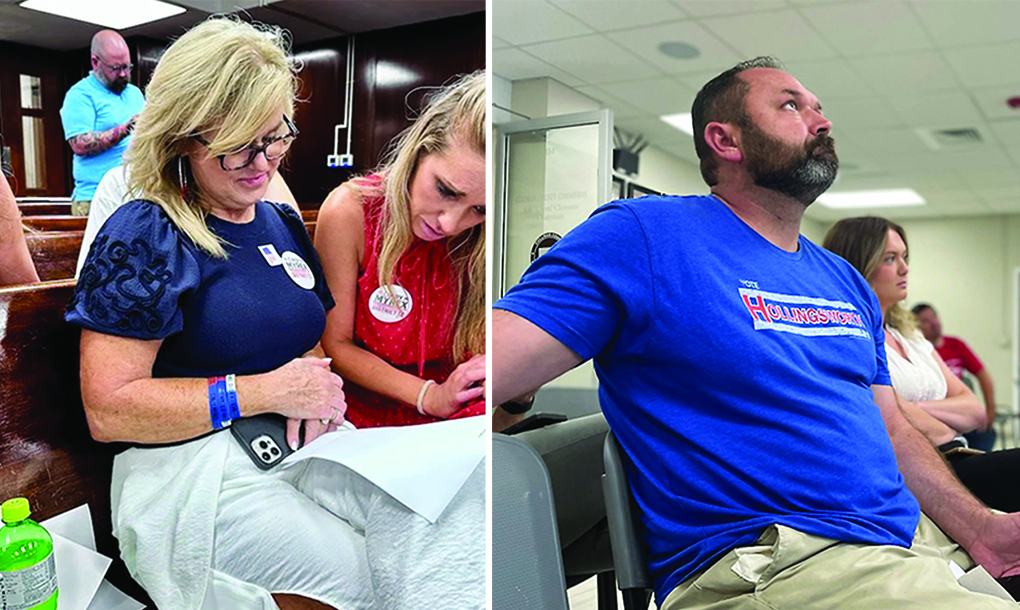Editorial: Investing in mothers and babies
Published 12:00 am Saturday, October 15, 2022
After the U.S. Supreme Court’s Dobbs ruling activated a Mississippi law that made almost all abortions illegal, state lawmakers realized that a lot more low-income babies will be born each year. Both chambers of the Legislature then created committees to review what the state could do to help these parents and children.
The state Senate’s Study Group on Women, Children and Families held its first hearing late last month, and the magnitude of the task was on full display:
Trending
– “Dr. Daniel Edney, director of the state Department of Health, showed lawmakers a chart with a national report card that ranks states on numerous health issues,” Mississippi Today reported. “We’re not just 50th,” Edney told the panel. “We’re 50th by a mile.”
– The state Health Department estimates that Mississippi will have an additional 5,000 unplanned pregnancies and births each year. A significant percentage of those will be to low-income families.
– A Mississippi State research professor said 39% of children in the state live in homes with no full-time working parent, and 43% of Black children live in poverty.
– In 2020, eight babies in Mississippi died for every 1,000 live births, the highest rate in the country. The national average is between five and six deaths. Mississippi has too many premature or low-birthweight babies. Many mothers do not receive proper prenatal or postpartum medical care, and there are too few pediatricians in rural areas of the state.
Many of these problems were obvious long before the Supreme Court’s abortion ruling, which means decades worth of legislatures decided they weren’t pressing matters. If it took the Dobbs ruling to change their opinion, that’s good for the long term.
One obvious thing Mississippi could do in an effort to reduce the infant mortality rate and improve maternal health is to permanently extend postpartum Medicaid coverage from two months to 12 months. During the COVID-19 pandemic, the 12-month coverage has been in place, underwritten by additional federal funding. But once the declaration of a public health emergency has been lifted by the federal government, the benefit would roll back to two months in Mississippi, as state policy now stands.
Trending
Keeping the coverage at 12 months would be expensive — Mississippi Today says 60% of the babies delivered in Mississippi are from women on Medicaid — but the statistics make it clear that too many mothers and children are at risk.
If this extension is seriously being considered, the group to lobby is the House. In this year’s session, the Senate passed a bill to extend postpartum Medicaid coverage. But the House killed it, with Speaker Philip Gunn considering it part of the Obamacare Medicaid program that he and many Republicans strongly oppose.
There are other considerations, too. It is baffling, for example, why so many women, once they become pregnant, do not see a doctor right away, even with the guarantee that prenatal care is covered by Medicaid if the expectant mother is uninsured.
In the end, though, the state will have to invest in mothers and babies. Does being pro-life only mean opposing abortion? Or does it include the willingness to provide more help for families that need it? We shall soon find out.





